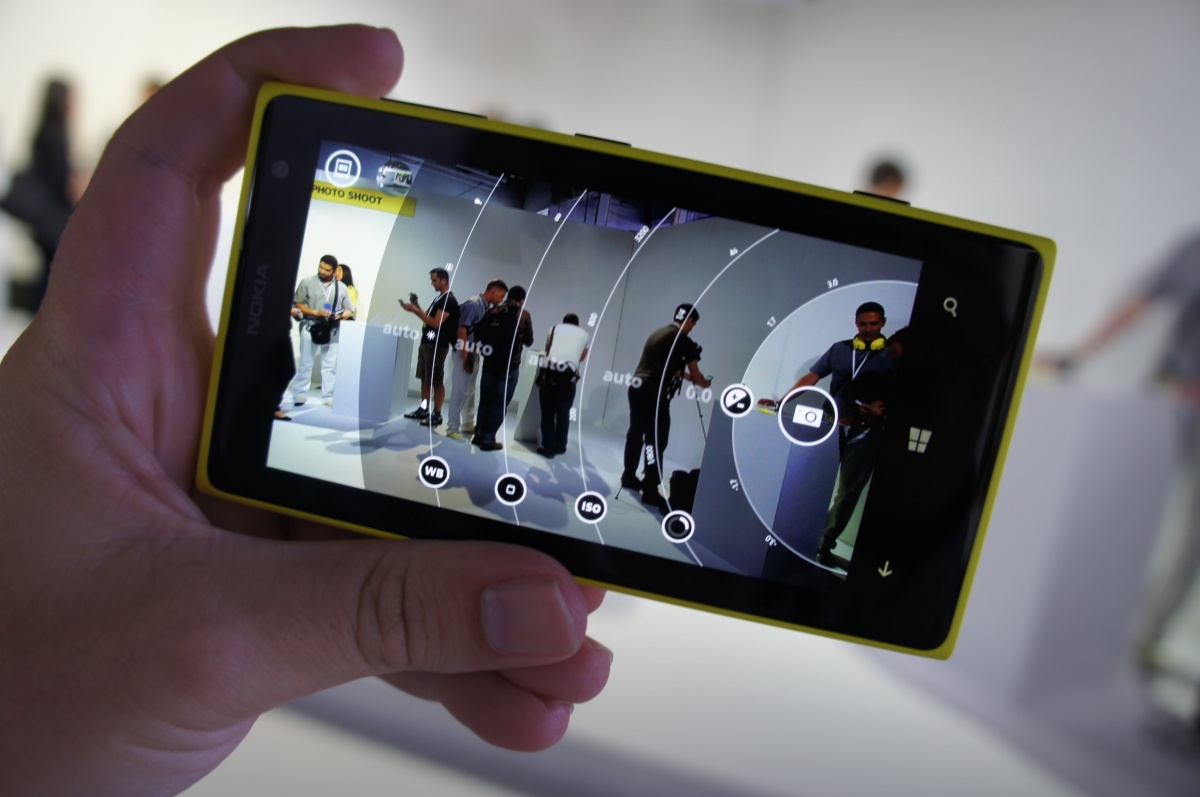Today's news of Microsoft's purchase of Nokia's Devices and Services division was met with the expected chorus of conspiracy theorists, now with the added sugar frosting of Elop being future-gifted the CEO role of Microsoft for his troubles.
Unfortunately business doesn't work like that. For a start, the above scenario is clearly illegal, and would also require a significant buy in from so many people, including the Nokia Board themselves. Put simply, this is not an episode of 'Hustle'.
Have we forgotten how serious this was for Nokia in 2011?
Think back to February 10th 2011, the day before the partnership was announced. Nokia was not in a good position, the financial markets were baying for its blood, and something had to be done. Confidence in the company was weakened, and circumstances forced it to choose between Android, Microsoft, or carrying on alone.
The latter scenario would see the N9 rise to prominence, developers would flock to the platform and happily code for it, and the then current Symbian users would simply transition to the new platform along with the developers. Which would have been the riskiest strategy of all, requiring significant investment and needing perfect implementation of the N9 and follow up devices. While it looked good on paper, strategic decisions by Nokia in 2009 and 2010, specifically around corporate organisation and internal smartphone divisions, meant it was not viable.
Neither was Android - Nokia looked at it, but Google's insistence on owning the customer through mapping, sign-on, email, social and other cloud-based features meant that it was a non-starter for Nokia.
Given the cards he had, Elop's choice of Windows Phone was, I contend, the correct decision to make in Feb 2011.
Microsoft would have wanted more than this
Microsoft's play was one of horizontal licensing. Nokia would be one of many partners who were using Windows Phone - with companies such as Dell, Samsung, HTC, and LG, all pitching in to the platform. Much like Windows on the desktop, these partners would use the OS and market their own devices, following recommended hardware specifications to promote app interoperability and a consistent user experience.
Time has shown that this has not been the case. Discounting Nokia, only Samsung and HTC are left standing (with Huawei tinkering in the background), and of those partners, Samsung is doing little more than ensuring competency with Windows Phone while it storms ahead with its Android powered Galaxy handsets. As for HTC, it has simply not been able to capitalise on Windows Phone 8 and generate significant sales of the 8X or 8S handsets.
![]()
Do you think Microsoft wanted to have just one functional OEM for Windows Phone? Do you think it wanted to have 85% of its eggs in one basket? Do you think it wanted that basket to be updating its own OS through the 'update settings' back-door?
Do you think that Microsoft wanted to have a third party OEM (Nokia) become a single point of failure? If, for whatever reason, Nokia was to weaken its commitment to Windows Phone, or find itself in dire financial straits, that would be it for Microsoft in the mobile space. It wouldn't be immediate, but it would be 'game over'.
The safest road is not a conspiracy
Given the current landscape, with its risks and rewards, Microsoft had to secure Nokia's involvement with Windows Phone. The quickest way to do that was through the purchase of the relevant parts of the Finnish business. That process officially started in February 2013, but it would likely not have been a surprise to many at Nokia, or to many at Microsoft, given the close co-operation between the two companies throughout the Windows Phone period of Nokia's corporate history.
Is there a 'conspiracy' here? Far from it. If you take all the evidence at each stage of the process, and look for the option that provided the best basis for going forward with as little risk as possible, then you start to pretty much follow the route that both Microsoft and Nokia have taken to get to the news we see today.

